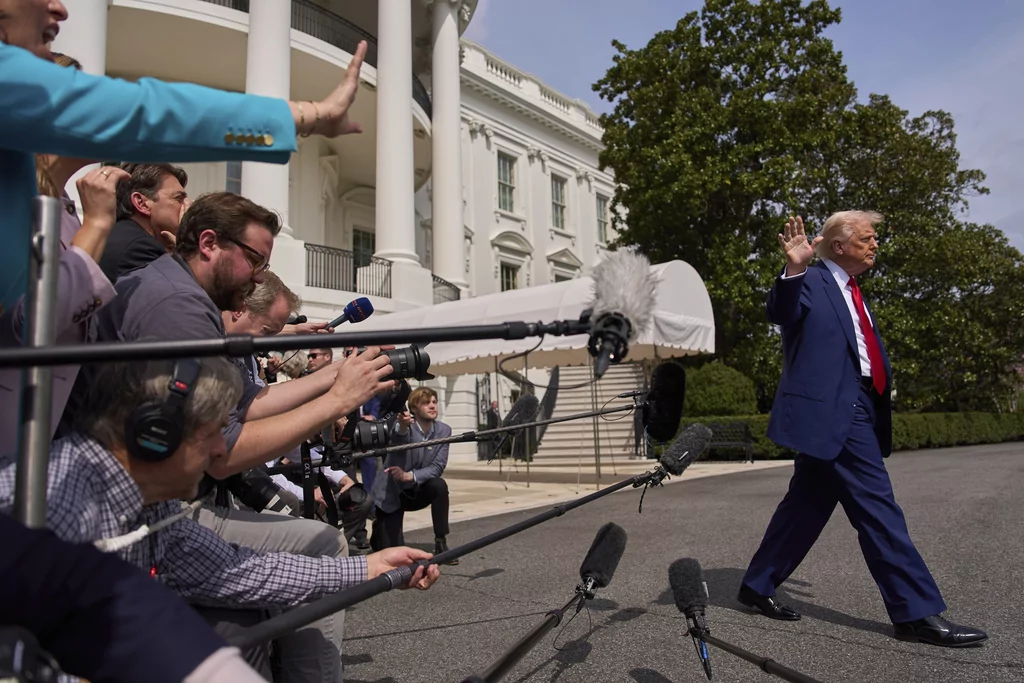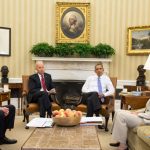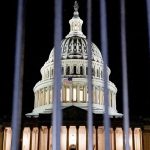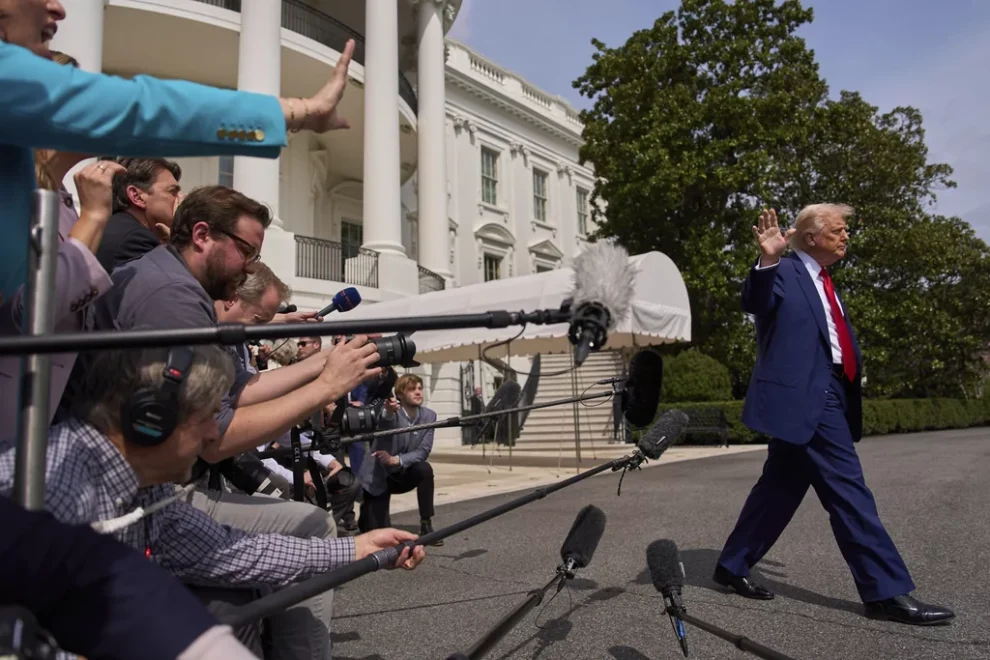A federal judge on Tuesday ordered the White House to restore the Associated Press‘s access to key presidential events, ruling the Trump administration violated the First Amendment by barring the outlet over its refusal to adopt the name Gulf of America, formerly the Gulf of Mexico.
U.S. District Judge Trevor McFadden, a Trump appointee to the D.C. Circuit, said the government cannot deny access to journalists “because of their viewpoints,” siding with the AP in a 41-page opinion that hammered down on long-standing principles of press freedom.

“About two months ago, President Donald Trump renamed the Gulf of Mexico the Gulf of America,” McFadden said. “The Associated Press did not follow suit. For that editorial choice, the White House sharply curtailed the AP’s access to coveted, tightly controlled media events with the president.”
“The AP now sues the White House chief of staff, her communications deputy, and the press secretary,” McFadden continued, “seeking a preliminary injunction enjoining the Government from excluding it because of its viewpoint. Today, the court grants that relief.”
The decision came after weeks of escalating tensions between the AP and Trump’s press operation, which barred the wire service from entering the Oval Office, boarding Air Force One, and attending pool events after the outlet disputed the recently renamed Gulf of America by including its former title in its reporting on the subject.
“The Associated Press will refer to it by its original name while acknowledging the new name Trump has chosen,” the news organization said in a Jan. 23 announcement on its webpage.
Still, McFadden clarified that the administration can continue to choose which journalists it engages with for interviews and questions — but not bar them from the same pool of events open to other news outlets.
“This injunction does not limit the various permissible reasons the Government may have for excluding journalists from limited-access events,” he said. “It does not mandate that all eligible journalists, or indeed any journalists at all, be given access to the President or nonpublic government spaces. It does not prohibit government officials from freely choosing which journalists to sit down with for interviews or which ones’ questions they answer.”
In essence, McFadden’s order suggested the White House could bar the AP from press events if it barred all reporters from access.
“[T]he court simply holds that under the First Amendment, if the government opens its doors to some journalists — be it to the Oval Office, the East Room, or elsewhere — it cannot then shut those doors to other journalists because of their viewpoints. The Constitution requires no less,” McFadden said.
The decision followed an earlier ruling in February when McFadden initially denied the AP’s emergency request for immediate access but fast-tracked proceedings due to the “serious constitutional questions involved.” In that ruling, he acknowledged the news outlet’s competitive disadvantage but questioned whether it faced “irreparable harm,” noting it still had access to press pool notes.
Since then, the outlet has maintained a more limited level of access to the White House, such as attending press briefings.
The AP’s lawsuit names three Trump aides, including press secretary Karoline Leavitt, chief of staff Susan Wiles, and deputy chief of staff Taylor Budowich, alleging violations of both First and Fifth amendment protections.
Lawyers for the Trump administration argued that no outlet has a “constitutional right to special access,” citing examples such as former President Joe Biden not being required to sit down with controversial figures. However, McFadden suggested at a February hearing that the administration’s rationale for banning the AP was “problematic” and may not be supported under existing case law.
Support for the AP has come from the White House Correspondents’ Association and outlets, including Reuters, which warned that the ban could distort coverage of the presidency and threaten press freedoms.
JUDGE REJECTS ASSOCIATED PRESS’S EMERGENCY BID TO RESTORE TRUMP PRESS ACCESS
Meanwhile, White House officials such as Leavitt have defended themselves as one of the “most transparent” administrations in recent history, touting its accessibility to independent media groups and podcasters.
The Washington Examiner contacted the White House for a response.
























